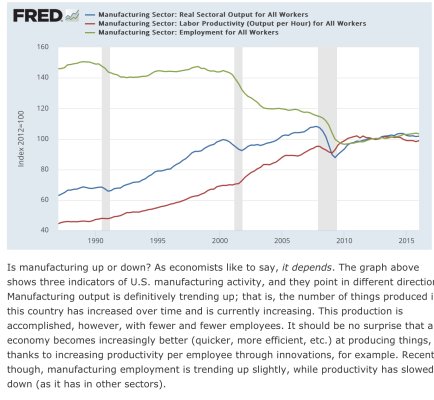Tesla is a good example of satisfying all of its domestic demand with US-based factories. Wikipedia says they have over 24 million square feet of manufacturing facilities in the US. That's over 400 football fields, nearly a square MILE of manufacturing. Somewhere around 30,000 employees.
By comparison, their two biggest offshore facilities (Berlin and Shanghai) are about 6.7 million sq ft.
By comparison, their two biggest offshore facilities (Berlin and Shanghai) are about 6.7 million sq ft.


